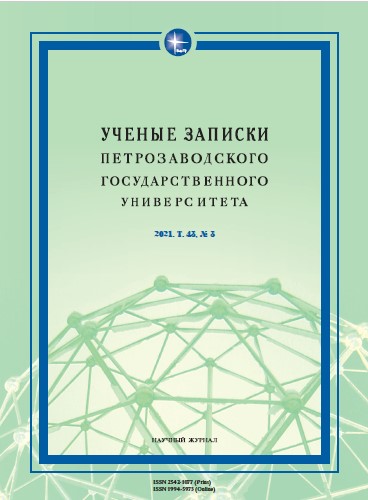СЛОВО «НАДЛЕЖИТ» В СОСТАВЕ ИМПЕРАТИВНОЙ ФОРМУЛЫ В ТЕКСТЕ «УСТАВА ВОИНСКАГО» 1716 ГОДА
THE WORD “NADLEZHIT” AS PART OF THE IMPERATIVE FORMULA IN THE MILITARY CHARTER OF 1716
Author(s): Tatyana Semenovna SadovaSubject(s): Morphology, Lexis, Semantics, Historical Linguistics, Eastern Slavic Languages, 18th Century
Published by: Петрозаводский государственный университет
Keywords: official style history; 18th century language; imperative formula; modal verb; lexical calque; text of military regulations;
Summary/Abstract: The article summarizes scientific information about the history, internal motivation and collocation possibilities of the impersonal verb “nadlezhit” (must) in the Russian language in general and in the official texts of the XVIII century in particular. It is noted that the communication strategy of the charter as a genre involves the active use of stable combinations with imperative semantics, therefore, the author investigates the formula “nadlezhit + infinitive” as one of the most frequent ways of expressing the modal meaning of necessity or obligation in official military texts of the XVIII century using the Military Charter of 1716. The bookish character of the word “nadlezhit”, recorded in many dictionaries of the Russian language, does not have any stylistic markers in the text of the Charter, which ensures its relatively free compatibility with other infinitive verbs within the studied formula. The article also addresses the adaptation of a lexical calque in the Russian text and traces the process of accumulating the volume of the concept expressed by the calque under the influence of the semantics of the original Russian morphemes (in our case, the root -lezh- and the prefix nad-), which became the “building material” for its creation in the host language. It is suggested that the impersonal verb “nadlezhit” with the meaning ‘must’ could be the result of transforming spatial meaning into the meaning of the qualitative assessment of an action, quite natural for Russian prefixed verbs. The author also allows the possibility of “oncoming” semantic processes – the adaptation of the lexical calque in the Russian official text and the development of qualitative semantics in spatial verbs.
Journal: Ученые записки Петрозаводского государственного университета
- Issue Year: 43/2021
- Issue No: 3
- Page Range: 8-16
- Page Count: 9
- Language: Russian

